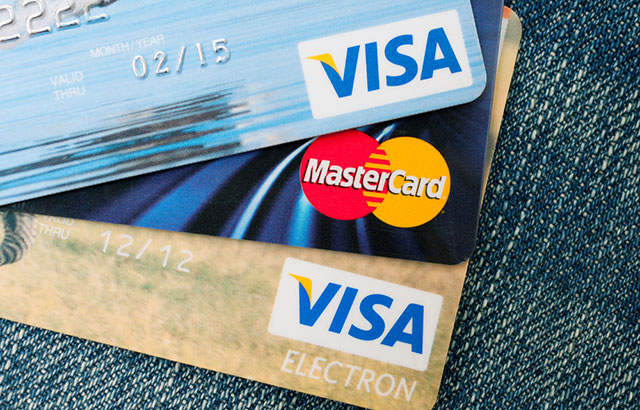MasterCard and VISA have revealed their plan to end the use of passwords for online payments, reports The Telegraph.
MasterCard and VISA have revealed their plan to end the use of passwords for online payments, reports The Telegraph.
As an additional layer of authentication, MasterCard SecureCode and Verified by Visa would previously use the 3D Secure protocol, which would force users to enter a password into a pop-up window.
The Telegraph reports that these pop-up windows were both unpopular with users, and also had their own issues with fraud, as the pop-up windows themselves could be fakes designed to harvest data.
MasterCard and Visa have opted for a new ‘invisible’ authentication system – 3D Secure 2.0 – which almost takes passwords out of the equation. While one-time passwords may be used for authentication, their preference is towards fingerprint biometrics, like Apple’s Touch ID, to make things both safer and more convenient, explains The Guardian.
Speaking to V3, MasterCard’s senior vice president of Authentication Strategy, Bob Reany, explained the reasoning behind the company’s new ‘multi-layered’ approach to security: “We don’t want people to remember stuff because they’re really, really horrible at it.”
“Passwords were originally used to get past the guard at the gate – we really are misusing them. You weren’t meant to have 40 of them. It’s just not workable,” he added.
As well as convenience, it’s about security though, with Reany stating that introducing the new protocols will have “broken the business model for the bad guys.”
Ajay Bhalla, president of enterprise security solutions at MasterCard elaborated further, stating that “All of us want a payment experience that is safe as well as simple, not one or the other. We want to identify people for who they are, not what they remember. We have too many passwords to remember and this is creates extra problems for consumers and businesses.”
JMiks / Shutterstock.com







